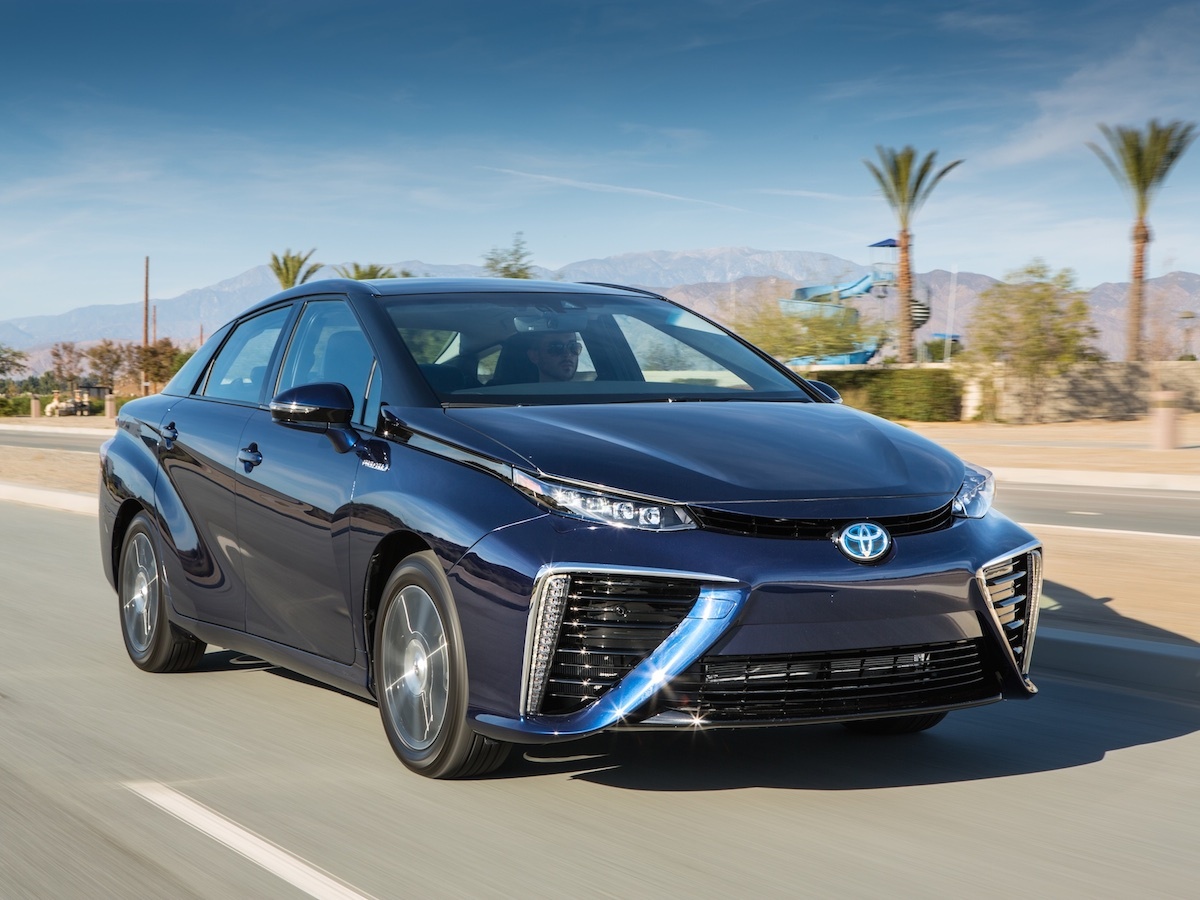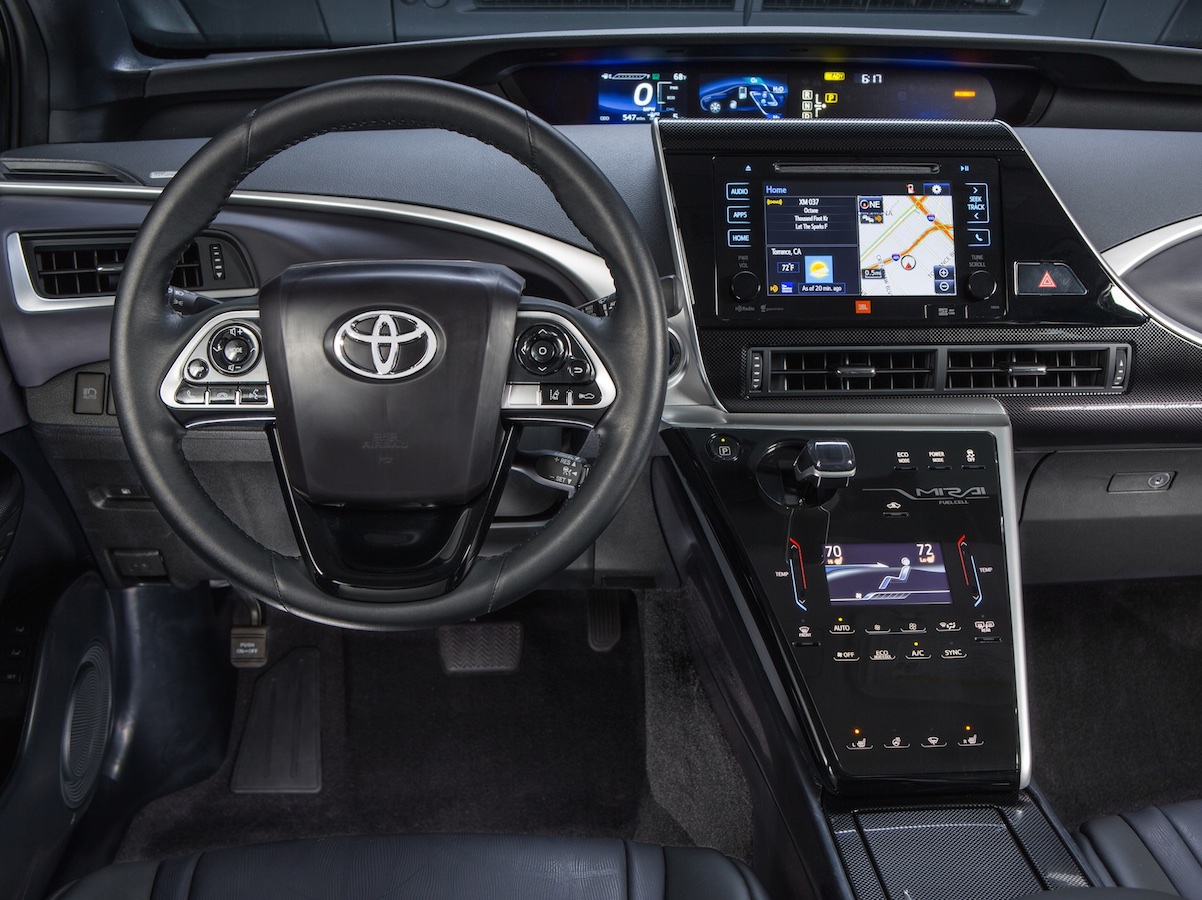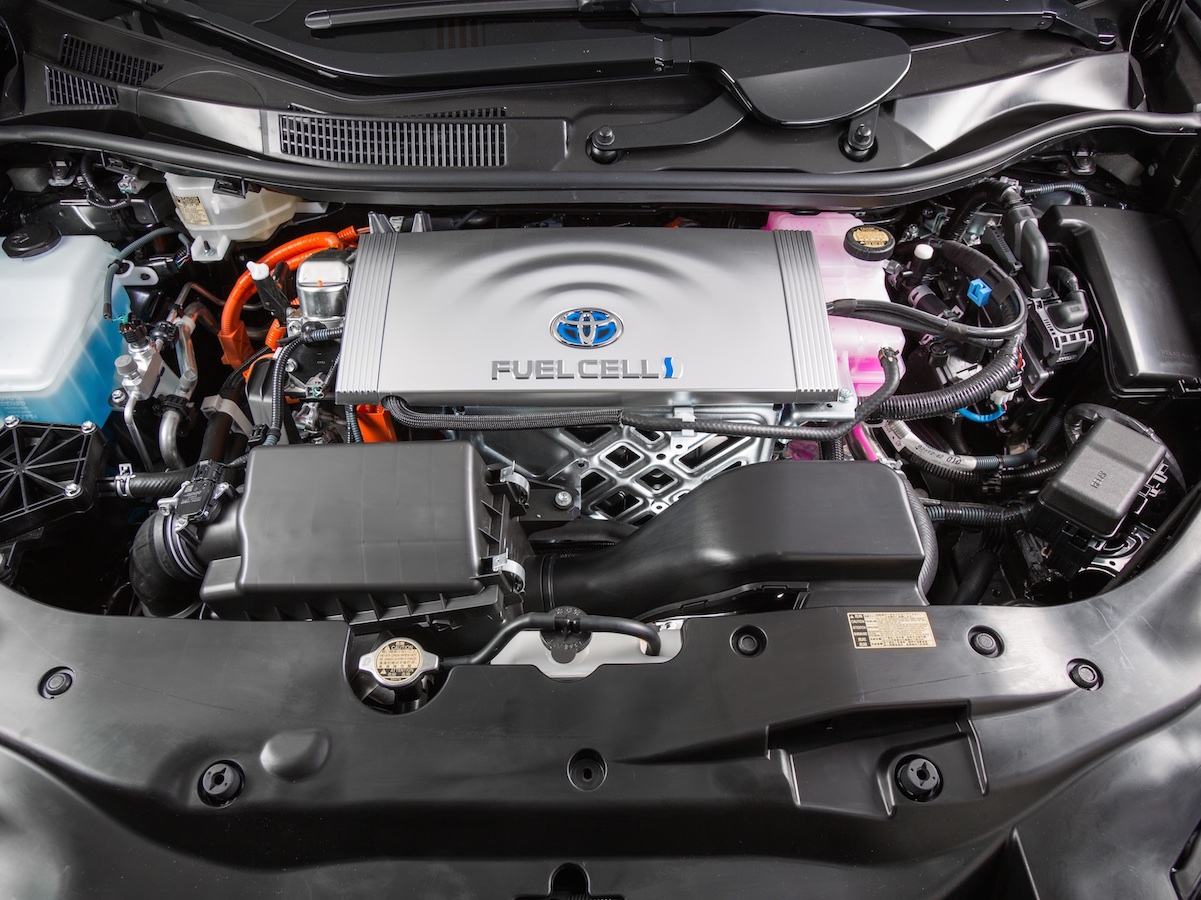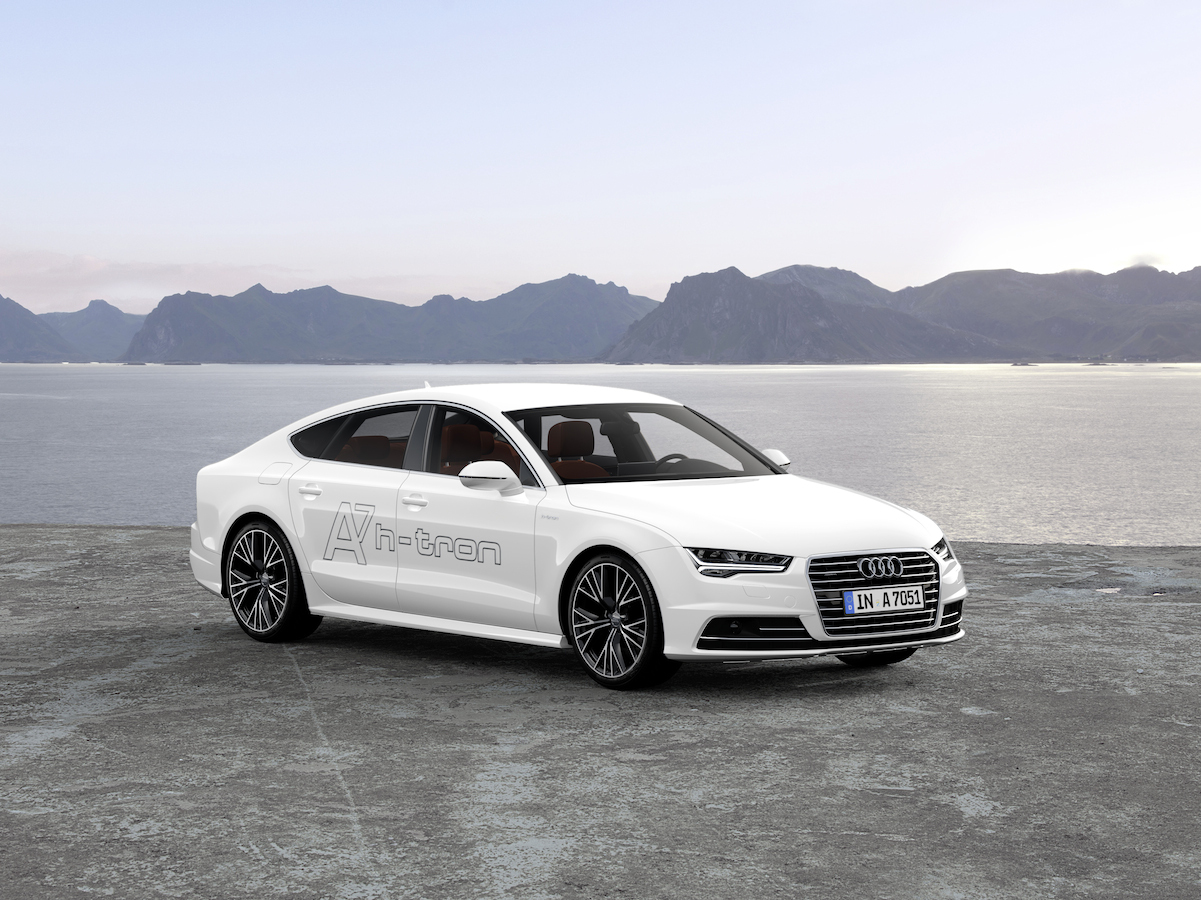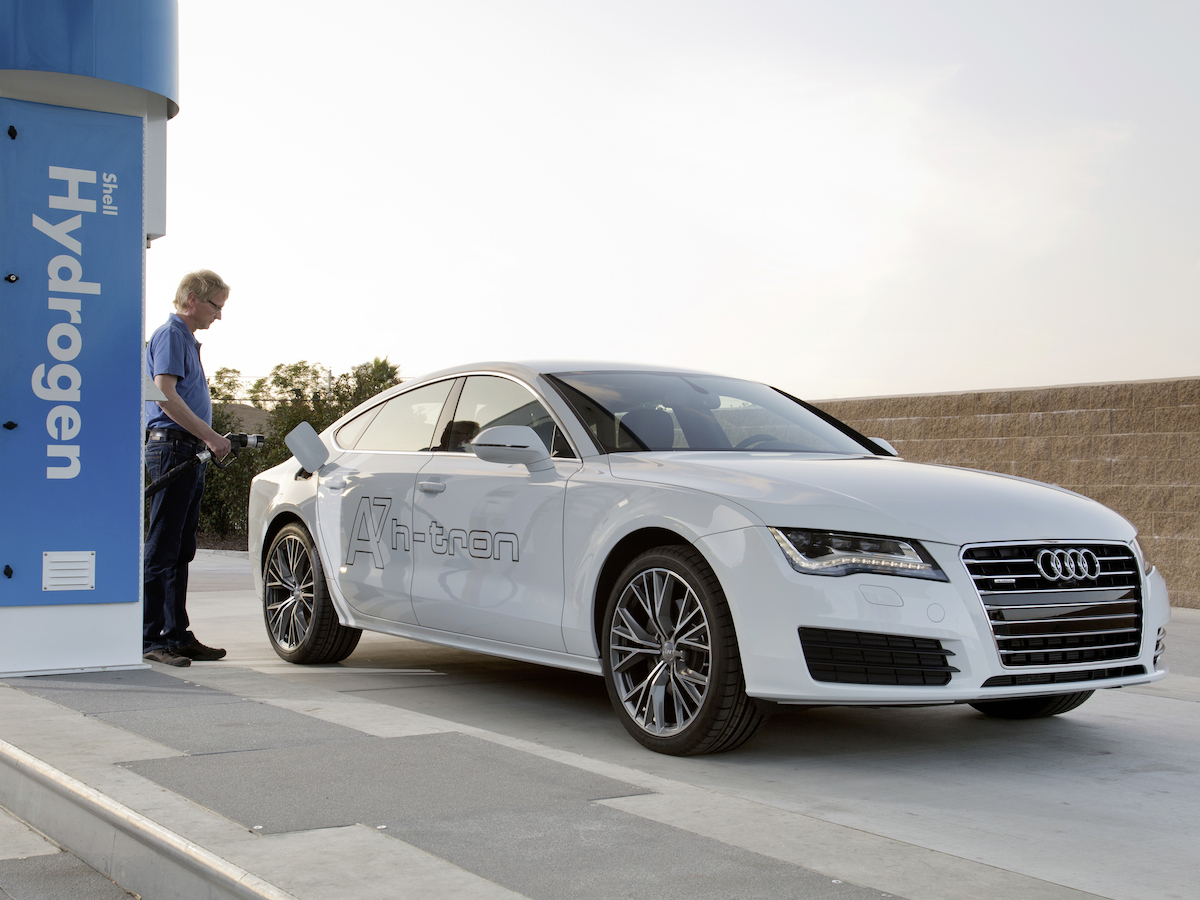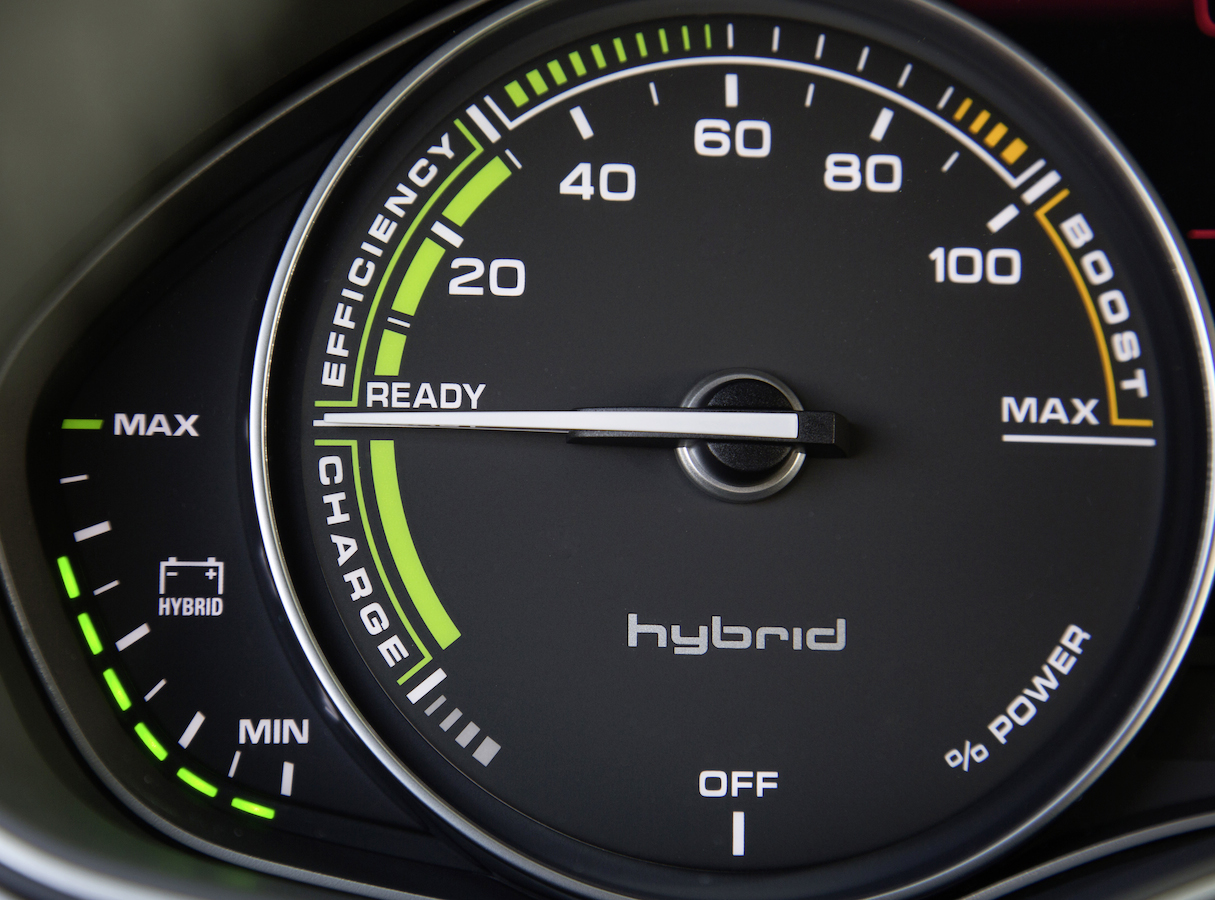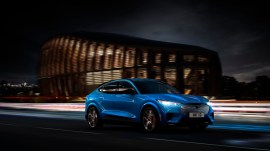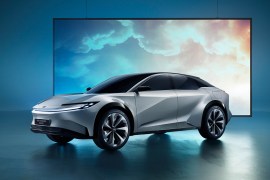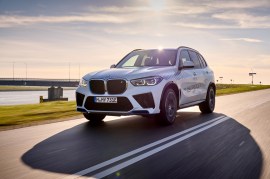Audi and Toyota motor into the future with hydrogen-powered cars
Production ready fuel cell vehicles from Audi and Toyota steal spotlight at LA Auto Show
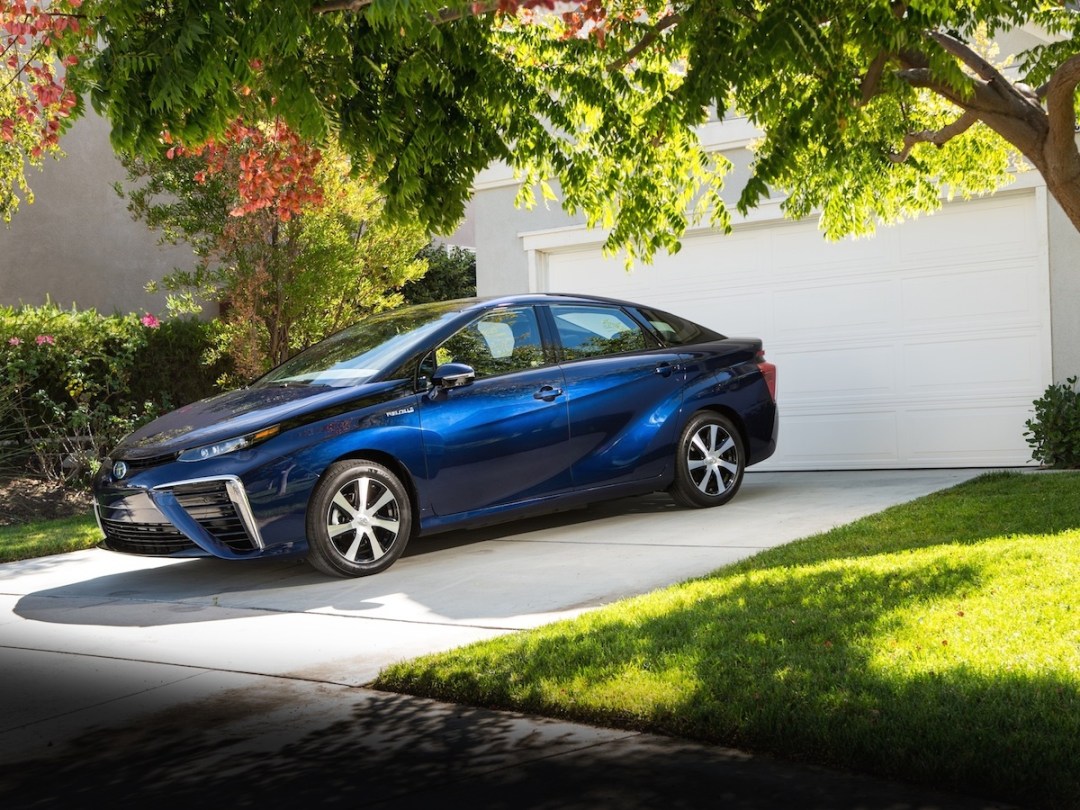
Do you remember the big hoo-ha surrounding electric vehicles?
You know, the madness that ensued when certain automotive manufacturers suggested you plug a car into a wall socket rather than top it up with CO2-spewing fossil fuels.
Well, it’s time you braced yourself for another automotive upset – because a pair of fuel-cell vehicles hogged the limelight at this year’s LA Auto Show, suggesting that hydrogen could be the next alternative fuel buzzword to sweep the industry.
Toyota proudly paraded the Mirai on its large and tech-heavy stand, a vehicle that not only looks like it was designed by the X-Men
The Mirai delievers a 300-mile range on a single fuelling; and the only emissions are water vapour from the tailpipe, which means that drivers get the warm glow of satisfaction that comes from saving the planet. They also get to avoid the sort of road tax that cripples sports car drivers on an annual basis.
Toyota says that with the correct infrastructure, the Mirai can be re-fuelled in three to five minutes, instantly making it more appealing than the current generation of electric vehicles, which take at least 20 minutes using a rapid charging station.
But therein lies the problem, because hydrogen-refuelling stations are as rare as hen’s teeth, with only a dozen in operation across the UK (and most of them are reserved for private business use only). The Mirai is also set to cost £40,000 when it goes on sale next year, which is enough to buy a brand new Porsche Boxster. We know which one we’d rather have.
These potential hurdles haven’t stopped Audi from pushing on with its A7 h-tron model, which prods the boundaries of long-range, zero emissions motoring.
The sleek saloon features four hydrogen tanks, each storing around 5kg of the gas, as well as a large lithium-ion battery to add a much needed performance boost. Audi claims that its A7 h-tron’s fuel cells can generate enough electricity to travel around 100km on just 1kg of hydrogen.
The lithium-ion battery packs can also be charged from the network, resulting in a combined range of over 340 miles when all power sources are fully topped up. Better still, the A7 h-tron boasts a 0-62mph sprint time of 7.9 seconds and an autobahn cruising top speed of 111mph.
Plus, there’s the added bonus of the electric motor’s instant torque delivery, which makes traffic light hopping a joy.
Hydrogen power is still in its infancy (Honda and Hyundai currently have hydrogen models on sale) but with major manufacturers like Toyota and Audi producing desirable fuel cell vehicles, you can guarantee it will be hitting the headlines more frequently in the not-so distant future.
READ MORE: Meet the Upp: here’s why you should be pumped about fuel cell chargers
